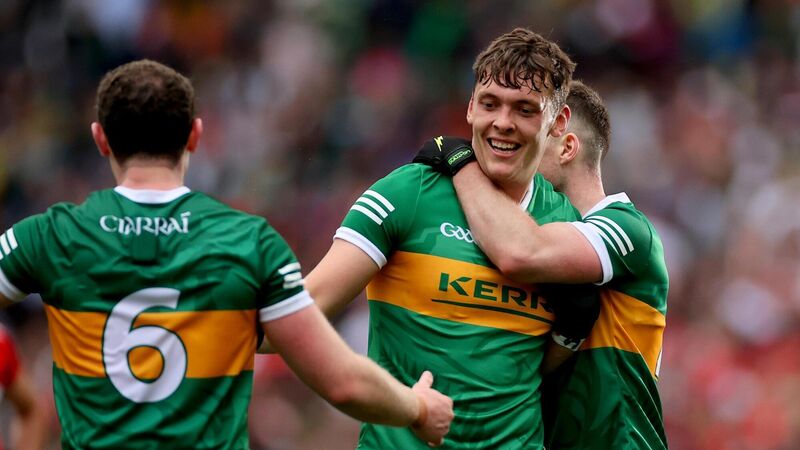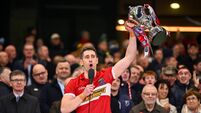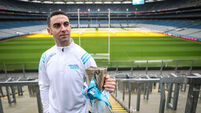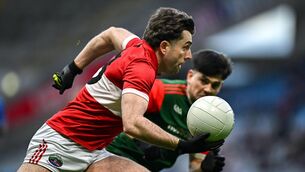Christy O'Connor: Can David Clifford do what nobody has done since Jacko?

PLAYER OF THE YEAR?:Kerry’s Tadhg Morley, David Clifford and Tom O'Sullivan celebrate after the semi-final. Pic Credit ©INPHO/James Crombie
A couple of months after the 2017 All-Ireland hurling final, Austin Gleeson gave a revealing interview about his season.















